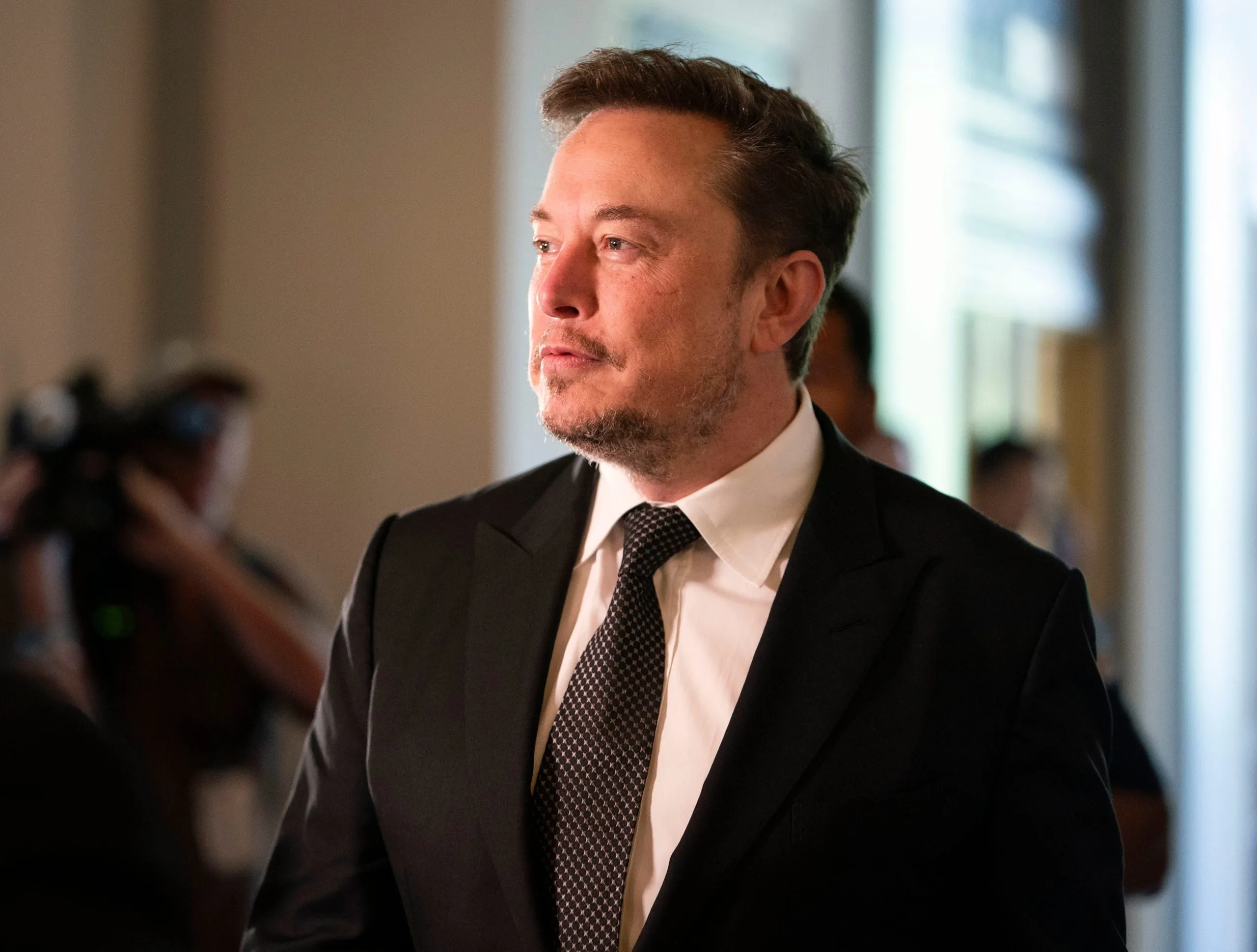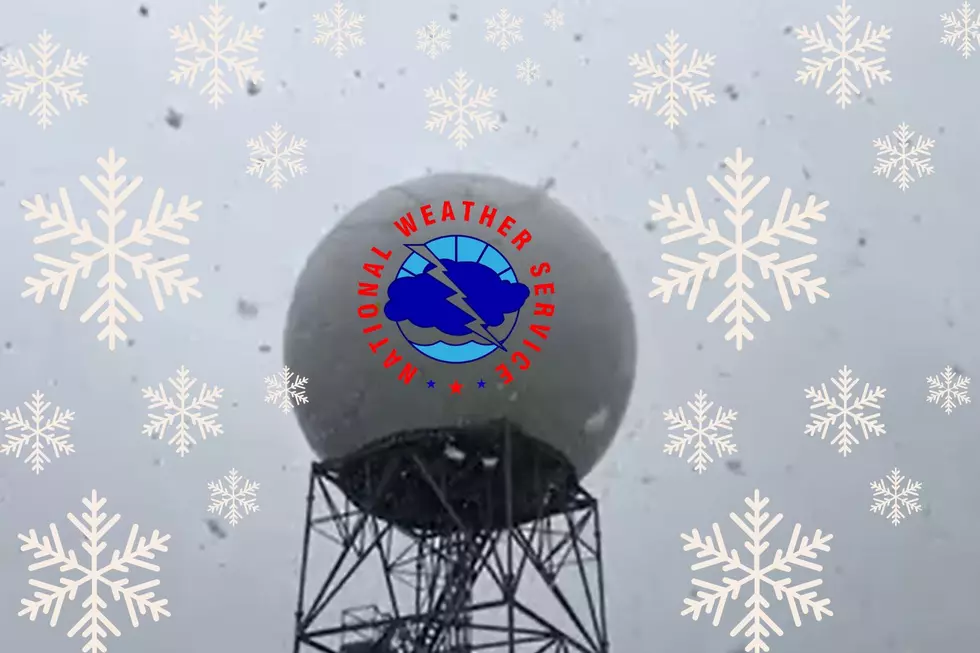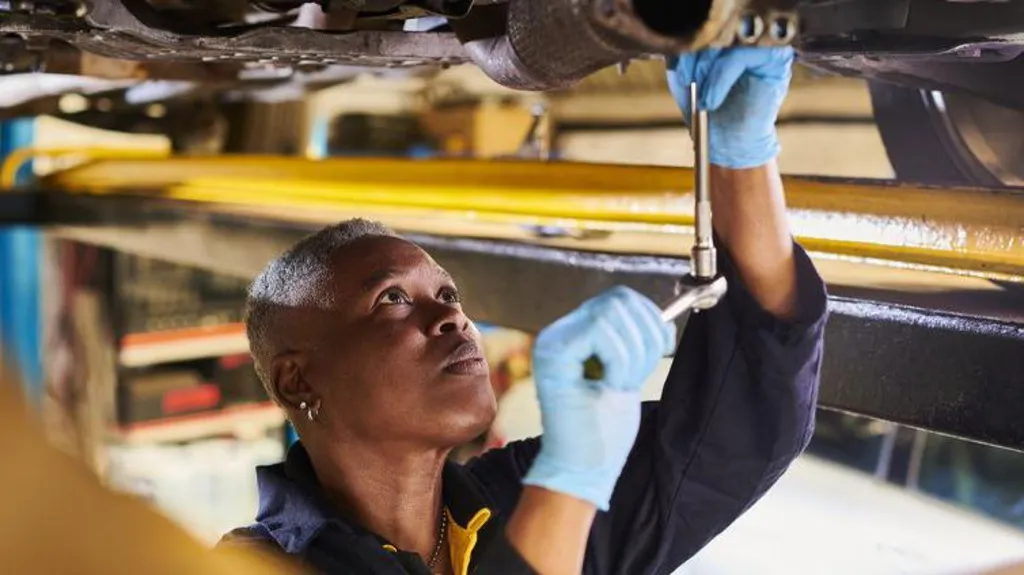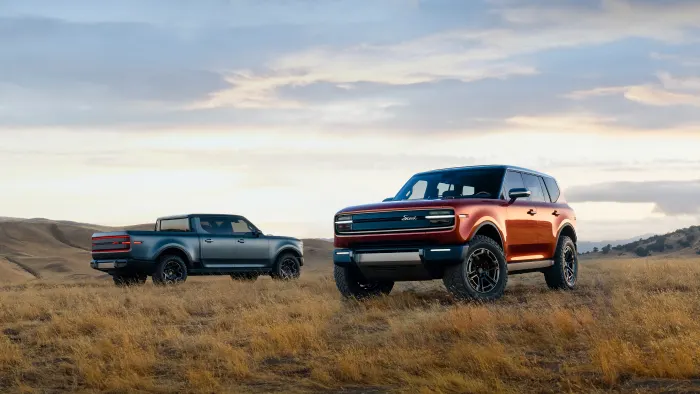Volkswagen (VW) recently unveiled its first models under the revived Scout brand, marking a bold move into the electric vehicle (EV) market with rugged, off-road-focused vehicles, the Street reports.
However, VW’s choice to sell these new EVs through a direct-to-consumer model, bypassing traditional dealership networks, is drawing resistance from US auto dealers.
The Scout brand, which VW introduced after acquiring the rights to the iconic International Harvester Scout name, presented its concept models, the Traveler SUV and the Terra pickup, on October 24. These new EVs are designed with a nostalgic aesthetic reminiscent of the original Scout, offering practical features and a body-on-frame construction aimed at serious off-road enthusiasts. The Traveler and Terra emphasize durability and are equipped with high-performance specifications, including 1,000 lb-ft of torque and a quick 0-60 mph acceleration of 3.5 seconds.
In addition to fully electric versions, Scout plans to release “Harvester” range-extended models, featuring a small gas engine to recharge the battery and extend the range from 350 to 500 miles. According to Scout Motors CEO Scott Keogh, the Harvester variant maintains the EV experience while offering greater range for drivers with long-distance needs.
Volkswagen’s choice to forgo the dealership model with Scout mirrors the direct-to-consumer approach pioneered by Tesla. Scout vehicles will be sold directly through online platforms, retail spaces, and service centers owned by Scout Motors, allowing customers to buy and maintain their vehicles without dealership involvement. Scout Motors promotes this model as “transparent” and “seamless,” aiming to streamline the sales process.
This move aligns with a broader trend among newer EV manufacturers who have opted for direct sales to bypass traditional dealership costs and deliver a consistent experience across all consumer touchpoints. Tesla’s success with this model has prompted some legacy automakers, like VW, to explore similar methods, especially as they develop new brands like Scout that target niche markets.
Despite its appeal to consumers, the direct-to-consumer model has raised significant concerns among US dealership owners and industry groups. Under franchise laws, many dealers are legally protected as the sole retail distributors for a given automaker in their region. The National Automobile Dealers Association (NADA) and local dealer groups argue that VW’s decision with Scout undermines this franchise model, potentially creating unfair competition between Scout and Volkswagen’s own dealer network.
In April 2024, Volkswagen dealer Charlie Hall, who chairs the Volkswagen National Dealer Advisory Council, expressed frustration, suggesting dealers would welcome the chance to display Scout vehicles. NADA CEO Mike Stanton recently stated that VW’s approach “competes with its US dealer partners” and warned that it could lead to legal disputes. Stanton added that VW’s lack of response to dealership concerns has heightened tensions between the automaker and its retail partners.
Volkswagen’s decision to bypass dealerships with Scout may set a precedent for other legacy automakers considering new sales approaches for EVs. As Scout readies its Traveler and Terra models for an anticipated 2027 release, dealer associations are expected to continue lobbying for protections to maintain the traditional dealership framework.









